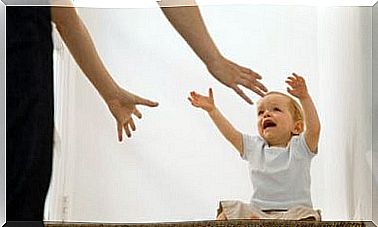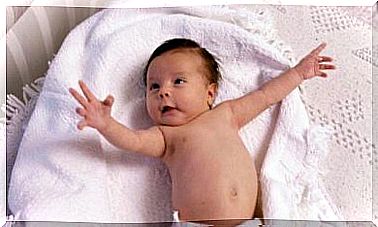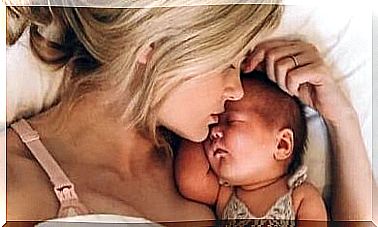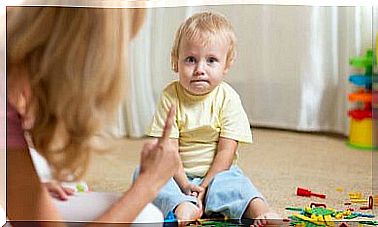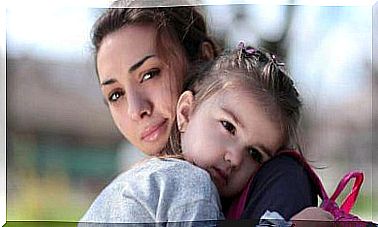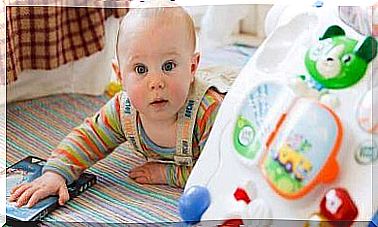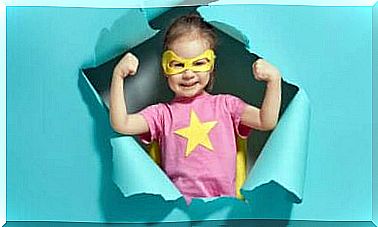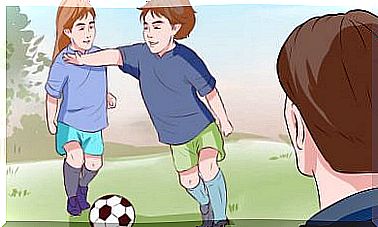The Personality Of Children
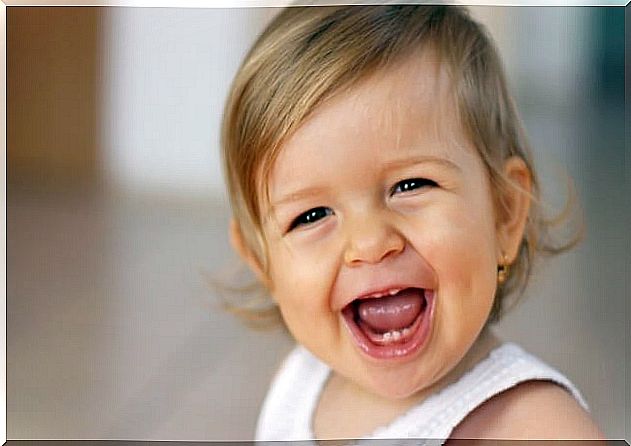
In this world no two people are alike. Children begin to develop their own personality as soon as they are born.
Scientists believe that 70% of our character traits are determined by genetics. The remaining 30% develop in interaction with the environment and upbringing.
Some children seem to smile all the time and are seldom seen crying. With other children it is just the opposite.
As soon as children are born, their different temperaments begin to show. From one year on we can recognize their personality.
It used to be thought that a child’s behavior was only hereditary. Temperaments were divided into four different categories – sanguine, choleric, melancholic, or phlegmatic.
One could allegedly determine personality by observing physique and glandular activity.
However, today we know that human behavior is much more complex. Emotional stimulation and the way children learn to react in different situations have a major impact on their character.
A child’s health and hormonal balance also affect the development of his temperament.
Qualities that define a child’s personality
Socializing
Some children feel more secure talking to adults. There is nothing wrong with that, of course. But it can be risky – depending on what you’re saying and who you’re talking to.
So it is best if we help them find their place in society. This will help them develop their character.
Of course, there are also children who are more cautious about social contacts. In this case, it is important not to put pressure on the child. Instead, you should give your child the time they need and accompany them.
While it looks like your child’s personality is already developed, your child may need some support in some areas.
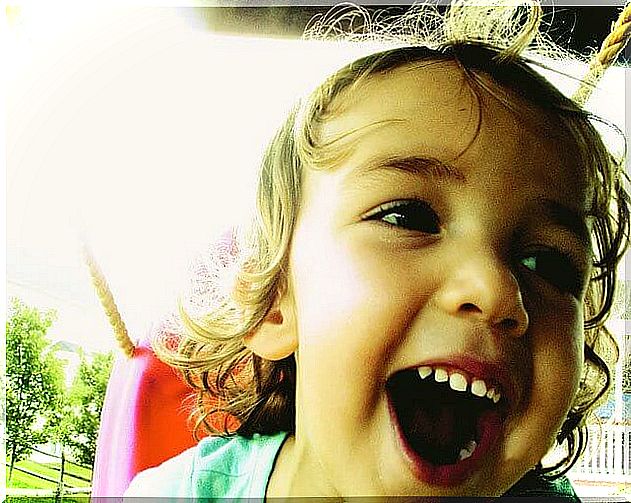
Activity level
If you have a very active child, it is a good idea to offer activities that will keep them busy and allow them to live out their energies. Excessive energy is usually not a problem or a sign of bad behavior in children. Your child is just restless and needs to be kept busy.
Therefore, a child with these characteristics needs space both indoors and outdoors to let off steam.
If your child is rather calm, they will enjoy their free time without constantly demanding action. However, extreme cases of restlessness or passivity can also indicate a problem.
Regularity and routine
Some children make it relatively easy for their parents: they have no difficulty following routines of eating, sleeping, playing, etc. However, when unexpected changes occur, such as when traveling, things can get complicated.
There are also children who have little or no routine. They tend not to eat or sleep well. They often have a hard time adapting to routines.
Emotional life
Some children have very intense feelings. For example, they laugh or cry a lot. In this case, it is important to distinguish whether the crying or laughing is authentic or forced.
When a child is showing less intense feelings, it is important not to ignore their emotions. This is when you should be paying attention to your child’s signs to help them develop solid character.
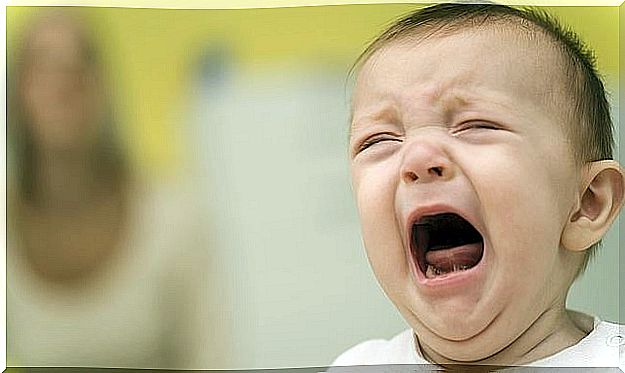
adaptability
There are children who adapt very easily. Still, their parents should respect their routines as children need routines. If your child is having a hard time adapting, you need to be patient as you slowly build new routines into their daily routine.
sensitivity
Children who are very sensitive do not accept many variations in taste, the texture of the food, lighting, smells or temperatures. As they grow up, they are likely to pay extra attention to details or be perfectionist.
At the same time, children who are less sensitive have less difficulty accepting change. But it is also more difficult to see what is bothering them.
humor
Some children seem happy all the time, while other children are serious and more prone to anger. It is very easy to discover your child’s sense of humor.
Children with a happier personality are more relaxed. However, you need to be extra vigilant to discover their frustration and anger. Children who smile all the time tend to be less able to express anger, sadness, etc.
If children are more serious or angry, we should accept these traits as part of their personalities. However, it can be helpful to teach them to gradually express their feelings of happiness better.
